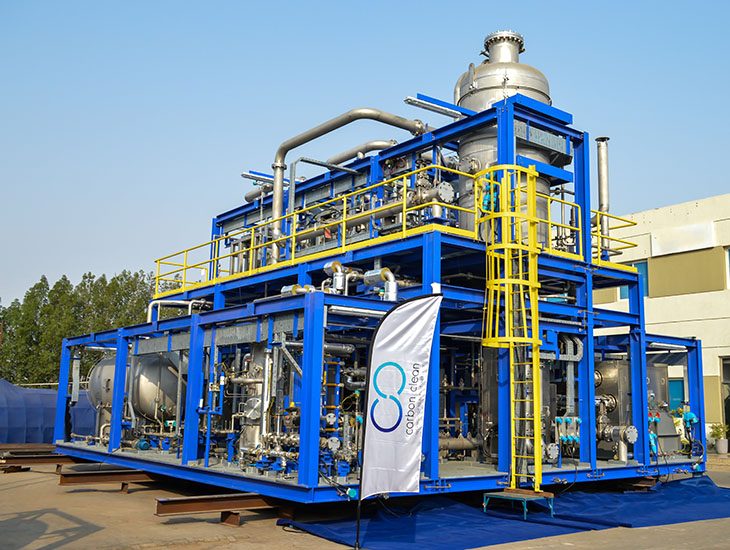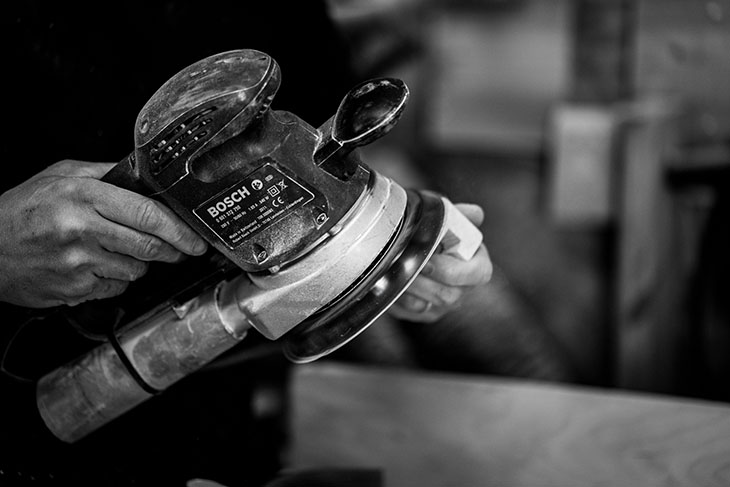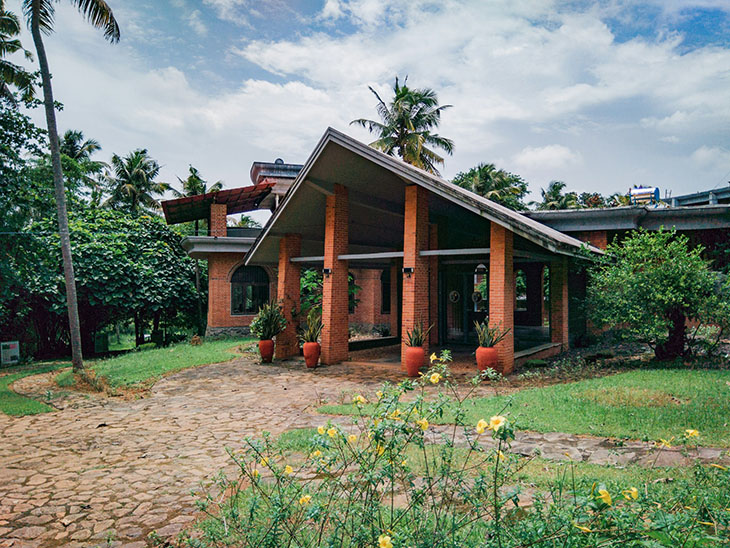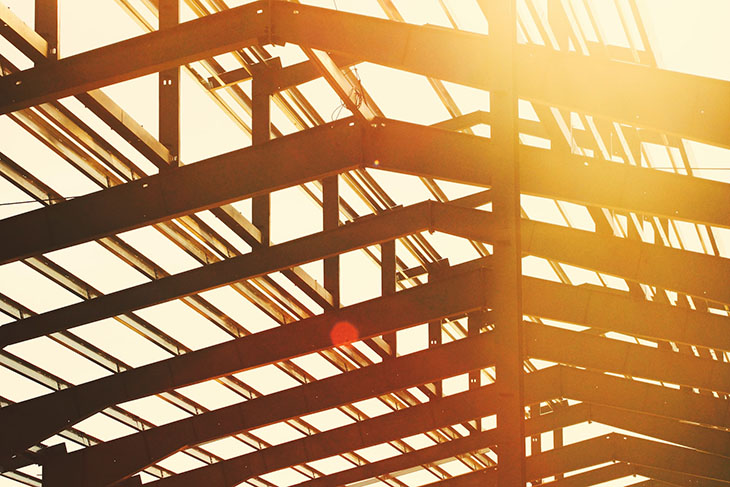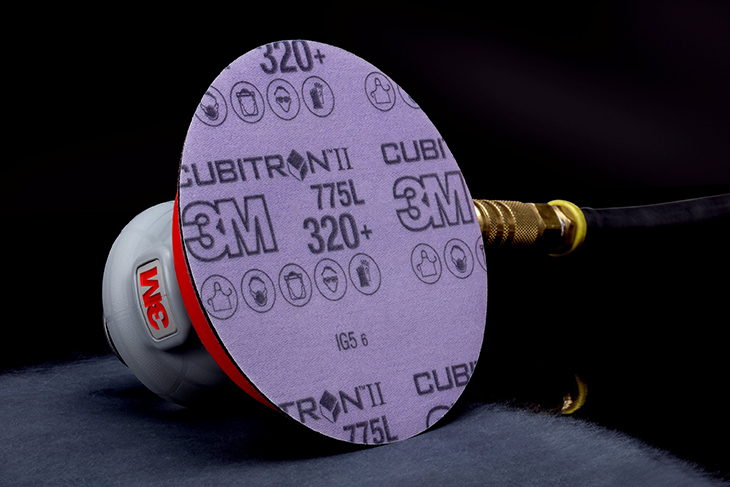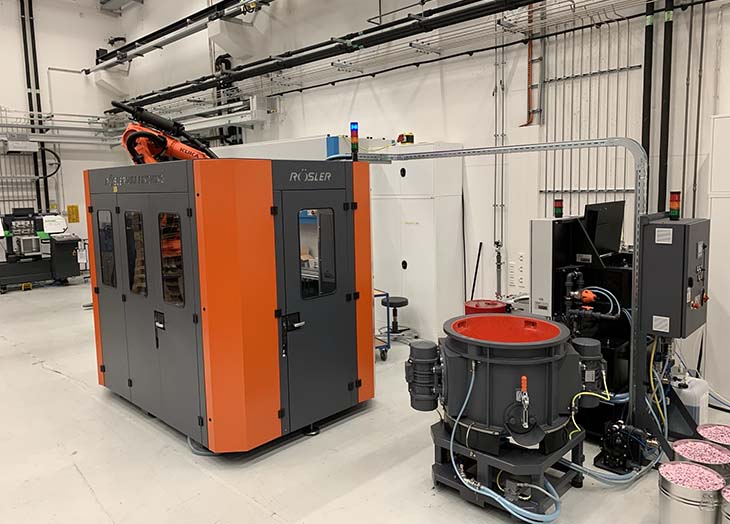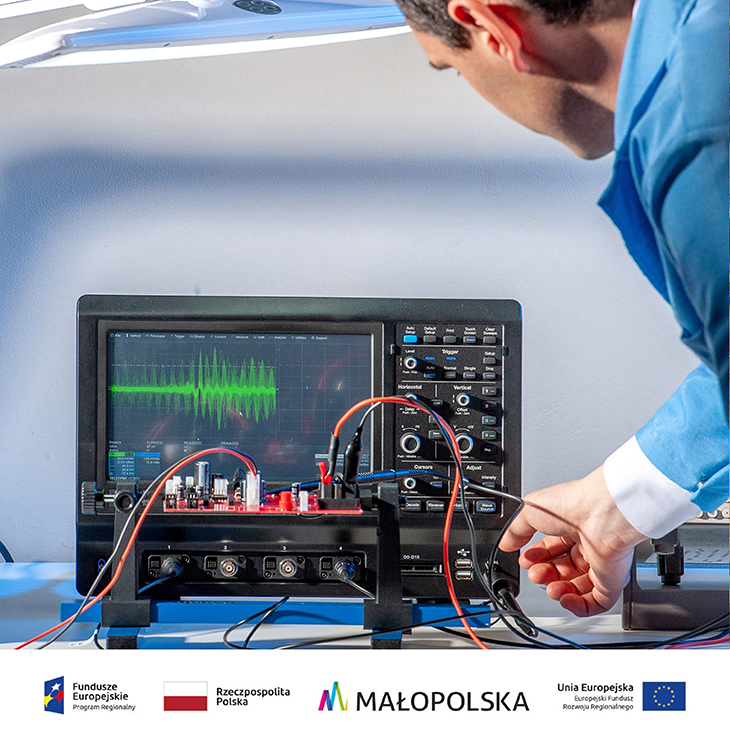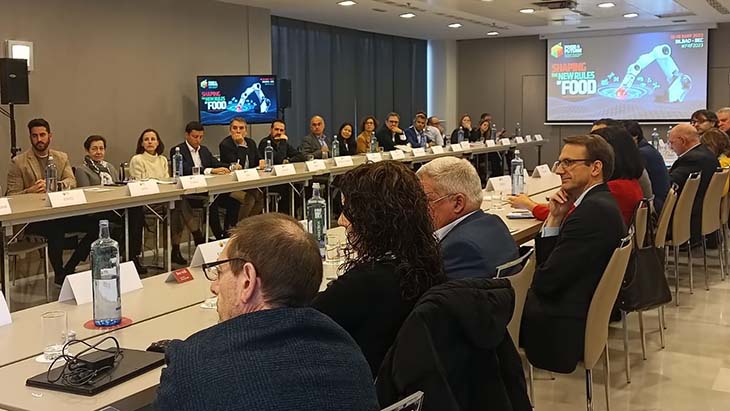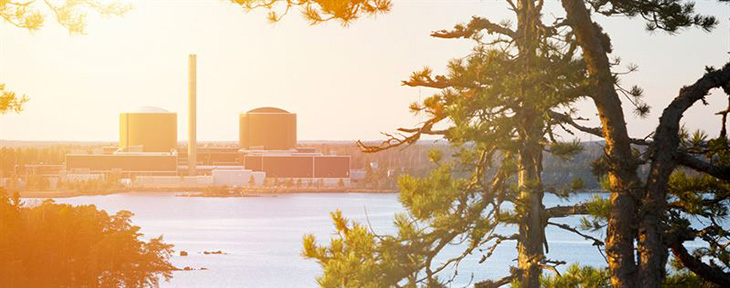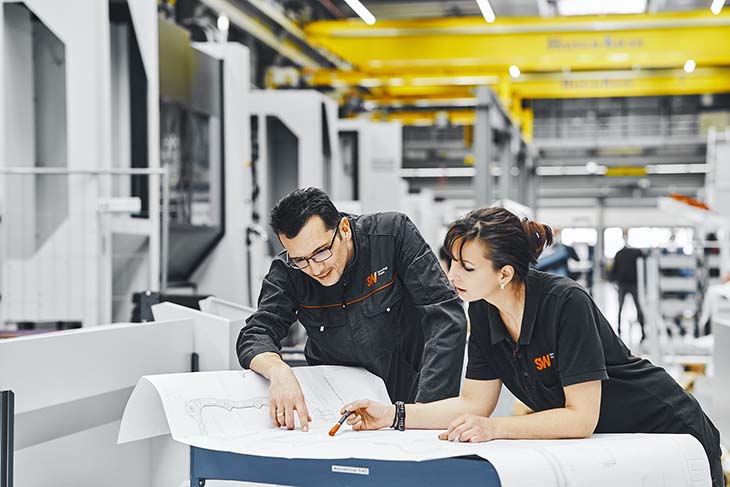JSW Steel, India’s leading private sector steel company, carbon capture solutions provider Carbon Clean, and leading global resources company, BHP, are collaborating to accelerate deployment of carbon capture technology for steelmaking decarbonisation, following the signing of a joint study agreement between the parties.
Under this agreement, the parties will commence joint studies to explore the feasibility of Carbon Clean’s CycloneCC modular technology to capture up to 100,000 tonnes per year of CO2 emissions – the largest scale CycloneCC deployment to date in steelmaking.
Indian steel producers are collectively the world’s second largest, with production potentially doubling by 2030 against 2023 figures, and will likely have a critical role in achieving India’s target of net zero by 2070. With the increasing commissioning of blast furnaces in India with decades of life ahead of them, supporting longer term near zero decarbonisation routes is essential. Carbon capture, utilisation, and storage (CCUS) technology is anticipated to be a critical abatement to support a near zero CO2 emissions intensity for this process route, as well as potentially for other hard-to-abate industrial sectors.
There are several challenges with the adoption of carbon capture technology in the steel industry, including capital expenditure and ongoing operating costs, as well as the integration of new equipment into an existing operations site with space limitations. The CycloneCC rotating packed bed (RPB) technology in combination with Carbon Clean’s proprietary APBS-CDRMax solvent aims to address these challenges through reducing total installed cost and the unit footprint by up to 50 per cent, and equipment that is ten times smaller in size than conventional carbon capture technologies.
This project is an important step towards supporting the scale-up of carbon capture, including understanding the potential performance, costs, and carbon abatement outcomes. It is anticipated that these joint studies will be completed during 2026, at which time the parties will consider installing CycloneCC at JSW Steel’s Vijayanagar site in India’s southern state of Karnataka. Utilisation – the ‘U’ in CCUS – is a key component of the project. If the project is successful, JSW Steel intends to liquefy captured CO2 so that it can be sold locally.
BHP’s Chief Commercial Officer, Rag Udd, said: “We are actively studying multiple pathways for steel decarbonisation, including through use of hydrogen and renewable power, but we recognise that the blast furnace route will likely remain a pathway for the production of steel, particularly within India. Supporting the development of key abatement technologies such as CCUS is therefore critical. Partnerships and collaboration to accelerate the development and deployment of these technologies is essential, and we are pleased to be working with JSW Steel and Carbon Clean in tackling the challenge of decarbonising steelmaking.”
Mr. Jayant Acharya, Joint Managing Director and CEO, JSW Steel, said “We remain committed to transforming our sustainability vision into reality and have already achieved a reduction of carbon emissions intensity by 30% against our 2005 baseline. At JSW Steel, we aim to further reduce our steelmaking intensity to 1.95 tonnes of CO2 per tonne of steel by 2030 and achieving net neutral carbon emissions by 2050. This commitment to decarbonisation has already been recognised by credible industry bodies, including the coveted award of ‘‘World Steel Sustainability Champion” for the past six consecutive years and recognition at COP28 of our “SEED” decarbonisation initiative as a “Changemaker”. We believe CCUS could be a financially viable decarbonisation lever which would be crucial to achieve near zero emissions in the steel sector and this collaboration for a scale-up application would help pave the way forward.”
Aniruddha Sharma, Chair and CEO, Carbon Clean, said: “The potential impact of carbon capture in decarbonising the steel industry will be huge. First-of-a-kind projects are key to advancing technical innovation, providing valuable learnings that will benefit the entire steelmaking sector, as well as other hard-to-abate industries. Decarbonisation pioneers and early adopters of our modular CycloneCC solution will play a vital role in accelerating progress, with the aim for this technology to be fully commercialised and rolled out at scale.”
About BHP
BHP is a world-leading resources company. With more than 90,000 employees and contractors, we work in more than 90 locations worldwide and our products are sold globally.
We're focused on the resources the world needs to grow and decarbonise. Population growth, urbanisation and improving living standards are global trends that underpin strong demand for the commodities we produce. Demand for essential commodities is expected to increase as the world seeks to decarbonise.
Our project pipeline and focus on continuous improvement in existing operations leave us well poised for growth across our four commodity pillars of copper, potash, iron ore and steelmaking coal in the decades ahead.
Read more about our approach to climate change: www.bhp.com/climate
About Carbon Clean
Carbon Clean is a leader in revolutionising carbon capture solutions for hard-to-abate industries including cement, steel, refineries, and energy from waste. The company’s patented technology significantly reduces the costs of carbon capture when compared to conventional solutions.
Carbon Clean has over a decade of experience in designing, building, and operating industrial carbon capture systems and it has 49 technology references around the world. The company is an innovation leader in the CCUS market, with over 105 active patent assets across 18 patent families covering 30 countries, and has developed a modular technology, CycloneCC, that is vital for scaling industrial carbon capture deployment to achieve global net zero targets.
Headquartered in the UK and with offices in the US, Canada and India, the company has received funding and grant support from the British and US governments and has established partnerships with industry leaders including Chevron and Cemex. It is also an investor in the Swedish eFuel development company, Liquid Wind.
For further information: www.carbonclean.com
About JSW
JSW Steel is the flagship business of the diversified JSW Group, headquartered in Mumbai. The US$24 billion JSW Group is one of the fastest-growing conglomerates in India, and among the leading players in Energy, Infrastructure, Cement, Paints, Venture Capital and Sports. Over the past three decades, JSW Steel has grown from a single manufacturing unit to become India’s leading integrated steel company with a capacity of 29.7 MTPA in India and the USA. Its next phase of growth will take its total capacity to 38.5 MTPA by FY25. The Company’s manufacturing unit in Vijayanagar in the southern-Indian state of Karnataka is the largest single location steel-producing facility in India with current capacity of 12.5 MTPA.
JSW Steel is widely recognized for its excellence in business and sustainability practices. Some of these recognitions include World Steel Association’s Steel Sustainability Champion consecutively from 2019 to 2024. It is also part of the World Dow Jones Sustainability Index (DJSI) and Emerging Markets 2023.









